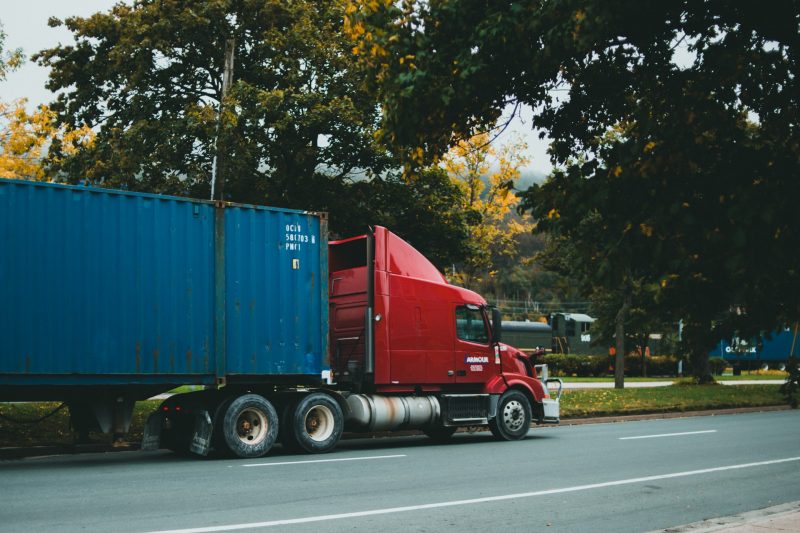When Can You Operate as a Commercial Truck? A Guide for Entrepreneurs
Whether you run a business that requires your own fleet of trucks, or you offer transportation and logistics services, you would need to follow some rules and regulations before your vehicle could legally run as a commercial truck, to find out more about this and trucking permits, read on.
The Federal law on commercial motor vehicles
According to the Federal Motor Carrier Safety Administration, found at 49 U.S.C. 31132, Section 31132. A commercial motor vehicle is defined as a self-propelled or towed vehicle used on the highways in interstate commerce to transport passengers or property, if the vehicle—
(A) has a gross vehicle weight rating or gross vehicle weight of at least 10,001 pounds, whichever is greater.
(B) is designed or used to transport more than 8 passengers (including the driver) for compensation.
(C) is designed or used to transport more than 15 passengers, including the driver, and is not used to transport passengers for compensation.
(D) is used in transporting material found by the Secretary of Transportation to be hazardous under section 5103 of this title and transported in a quantity requiring placarding under regulations prescribed by the Secretary under section 5103.
The common types of commercial trucks
Some of the most common types of commercial trucks include:
- Semi-trucks
- 18-wheelers
- Tractor trailers
- Delivery vehicles
- Big-rigs
- Buses
- Dump trucks
- Freight trucks
- Bucket trucks
- Mack trucks
- Large vans
The classifications of commercial trucks
Aside from the different type of commercial trucks, they are also classified into heavy duty, medium duty and light duty according to the Gross Vehicle Weight Rating (GVWR), a standard set to maintain the safe operating weight of a commercial vehicle.
- Heavy duty commercial trucks. These trucks haul heavy loads and transport them either locally or coast to coast on a weekly basis. Drivers of these trucks are required to have a Class B commercial driving license (CDL) to legally drive a heavy-duty truck. Although travelling low miles, dump trucks are considered heavy duty vehicles because of the amount of load they carry.
- Medium duty commercial trucks. These trucks are classified based on what their bodies are equipped with, which also determines the type of hauling that they’re best suited for. They can be a box truck, dump truck, straight truck or stake body truck, but they should have a GVWR of 10,001-26,000. Drivers of these trucks are not required to have a class B commercial driving license (CDL) to operate.
- Light duty commercial trucks. These trucks are also referred to as transit or cargo vans and pick-up trucks. Drivers of these trucks are not required to have a Class B commercial driving license (CDL) to operate
No matter what type of truck you have on your fleet, it’s very important to have all the trucking permits necessary, so you can operate without nay hassles. Now, if you don’t know exactly what types of permits you need, you can always get in touch with Reliable Permit Solutions, LLC and the team will help you go through the process easily.

